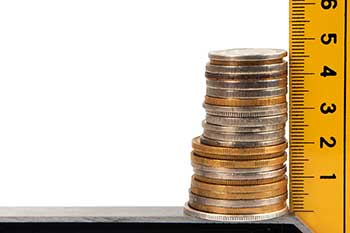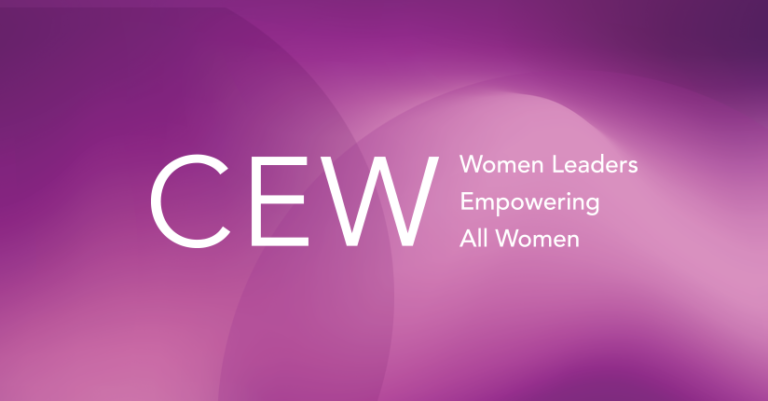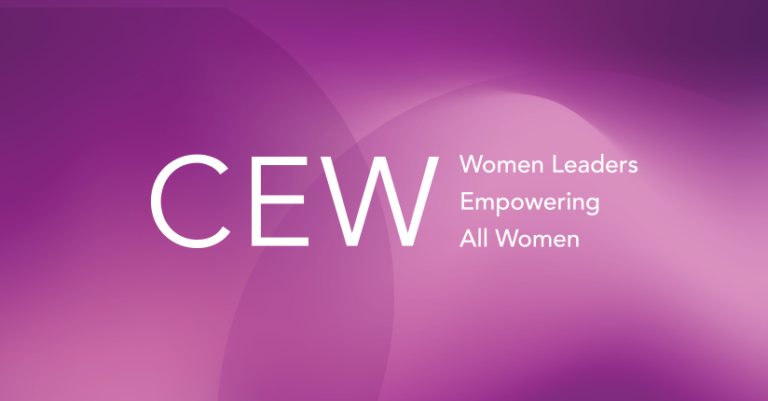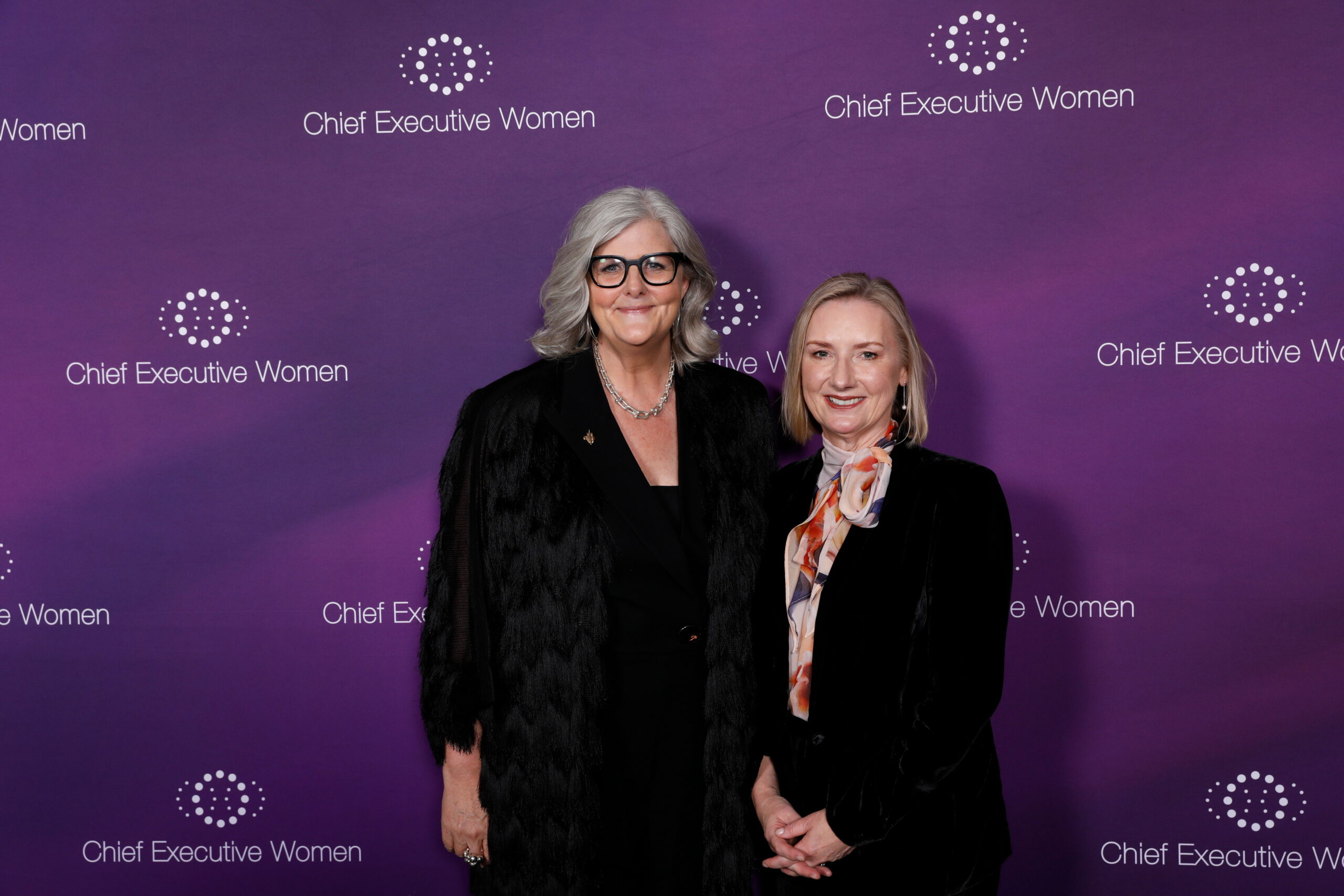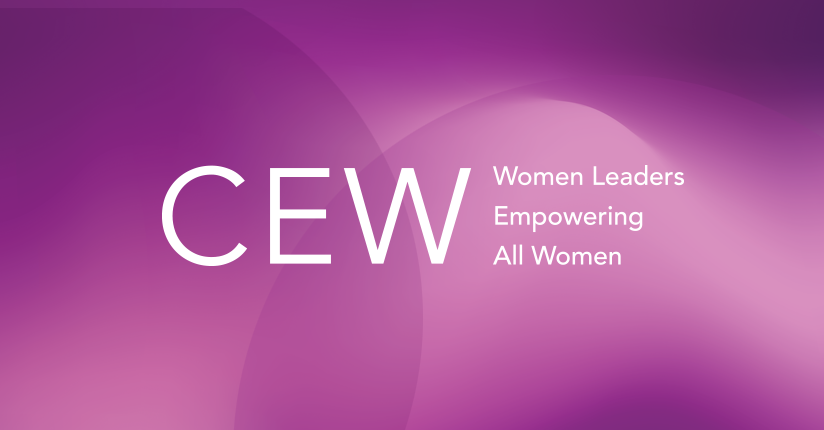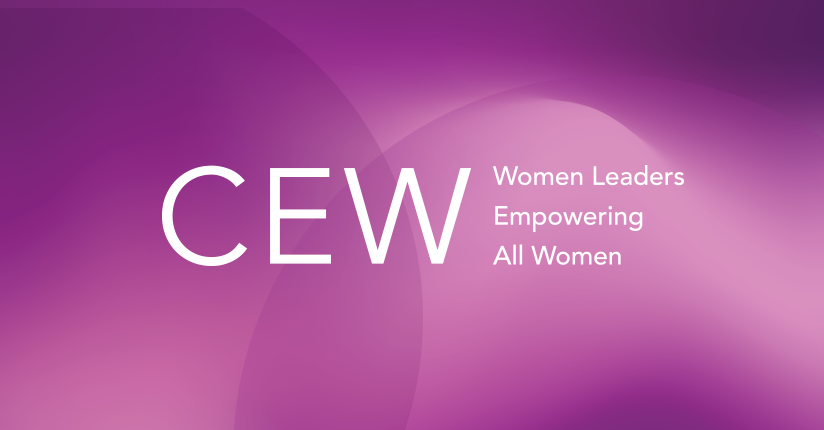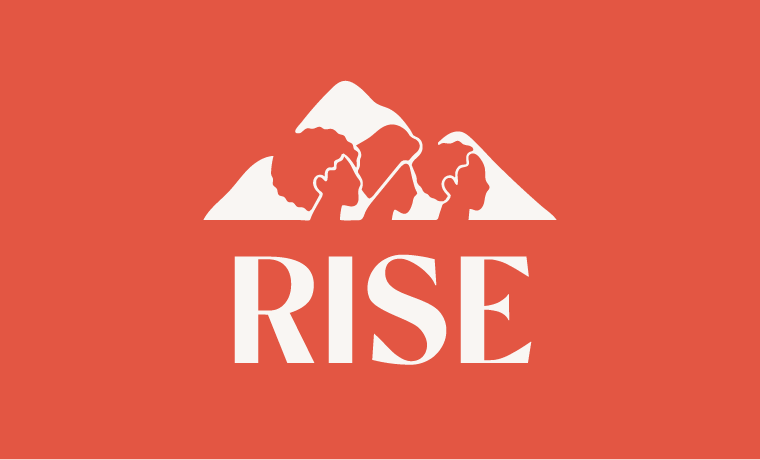By Christine Christian
In my years running businesses, one truth stands out. Everything needs to be measured, because what gets measured gets done. Leaders in all endeavours will tell you the same thing. Good intentions will remain just that until you start to keep track of what’s really being done.
No business leader would dream of operating without all the data. They have no trouble comprehending the need for targets and goals, yet apart from some valuable work by the Workplace Gender Equity Agency, on a national level we’ve been operating by feel not fact.
So tracking Australia’s progress or, more important, our failure to progress in some areas, is vital. Measuring equity for women is the key for beginning to improve it – and to also keeping Australia on a prosperous path.
The COAG Reform Council, which gave itself the task of tracking our national gender equity performance, this week (Wed) released a report comparing outcomes for women and girls across Australia with that of the general population. The gaps highlighted by this data are stark. Girls do well at school and more women are gaining higher qualifications, but they also have lower starting salaries and pay, lower labour force participation, fewer opportunities for workplace leadership, and less superannuation to retire on.
This is inequity at every stage – and as a nation we should be hanging our heads.
The reform council’s key recommendation that Australia commit to annual performance reporting on gender outcomes is to be applauded. But why, in 2013, are we only at the stage of recommending annual tracking of key performance measures for such a vital area of our productivity, economy and social equity?
Chief Executive Women (CEW) counts among its members 270 senior women leaders from the corporate, public service, academic and not-for-profit sectors. We are determined to do what we can to see that 50 per cent of the Australian population are given the means to take a meaningful and rightful place in all aspects of society.
We believe there are numerous areas highlighted by this report where governments can and must play a leading role in improving the status of women in Australia. Senator Michaelia Cash, the Minister Assisting the Prime Minister for Women, could do worse than use this report as a roadmap of the tasks that lie ahead if Australia is to remove barriers to employment and financial independence for women.
The roadmap is clear – women need access to quality, flexible and affordable childcare, the ability to work flexibly, equal pay, proper compensation for periods of interrupted work for caring responsibilities and the equitable distribution of superannuation.
Improving workforce participation of women sees a big economic payoff. The Grattan Institute has estimated that an extra six per cent of women in the workforce – to bring participation in Australia in line with Canada – would increase Australia’s GDP by around $25 billion.
The Productivity Commission review of child care is a great start, especially given the COAG Reform Council report shows that additional formal child care or preschool is needed for one in six children.
It also shows that the pay gap starts right after graduation, when women entering the workforce earn on average 10 per cent less than men even in areas such as law and dentistry. CEW works with organisations to help them overcome the “fact gap”. Our experience is that when the right questions are asked and robust data obtained, then organisations take action, even in the challenging area of pay equity.
One of the key questions we ask companies is: “Does the pay distribution by gender tell a story”. Invariably it does. None of them start out believing that hey treat men and women differently. But the data tells a different story.
And so it is with superannuation. Australia’s super system might be one of the world’s best, but it is failing women. On average, they retire with super payments of only one third those of men.
We welcome the “root-and-branch” review of the nation’s financial system, also announced this week, and suggest the terms of reference under consideration also address ways of addressing the gender gap. Elana Rubin, CEW member and former chair of Australian Super, believes gender might be drowned out if included in the sweeping review, but nevertheless says it is important that the government take the opportunity to address the shortfall of women’s retirement savings and close what is an unacceptable gap between women and men.
CEW believes it should be obvious why fixing super for women is good for the economy – not least because, as women generally live longer than men, more women having better super will relieve pressure on the age pension.
It all adds up to good news for all Australians.
Christine Christian is the President of Chief Executive Women and the former CEO of Dun & Bradstreet
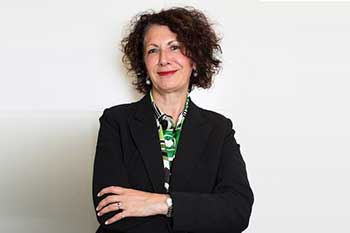
CHRISTINE CHRISTIAN
Christine Christian is Non Executive Company Director, ME Bank Limited, Lonsec Fiscal, Powerlinx Inc., State Library of Victoria

